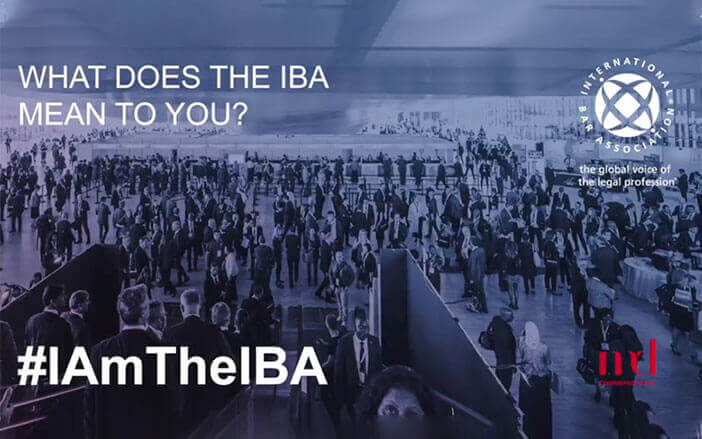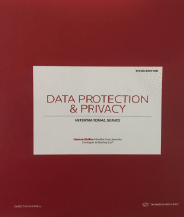The Supreme Court of Justice unifies the requirements for electronic invoicing as a value title:

Decision STC11618 of the Civil Cassation Chamber of the Supreme Court of Justice (SCJ), issued on October 27, 2023, established unified criteria on the requirements necessary to consider an electronic invoice of sale (EIS) as a value title. These requirements are divided into two categories:
Formal requirements:
- The EIS must be generated in electronic format (XML) and include a description of the goods or services invoiced, as well as the name “electronic invoice” and the Unique Electronic Invoice Code (CUFE).
- The CUFE must be validated by the National Tax and Customs Directorate (Dian) and delivered to the purchaser. This requirement does not apply to physical invoices, or to situations where validation is not possible due to technological problems attributable to Dian.
It is important to note that, according to the Supreme Court of Justice, registration of the EIS in RADIAN is necessary for its circulation, but not for it to be considered a title.
Substantive requirements:
- The EIS must mention the right it represents, including the author’s signature and the expiration date.
- Acknowledgement of receipt of the EIS is required.
- Acknowledgement of receipt of goods or services is required.
- Express or tacit acceptance of invoice must be made within three days of receipt of goods.
With regard to acceptance, the Supreme Court of Justice has chosen to follow the position of Decree 1154 of 2020 and not to apply Law 1231 of 2008. The Decree erroneously stipulates that express acceptance must take place within three days of receipt of the goods or services, whereas Law 1231 of 2008 states that the period begins on receipt of the invoice. This SCJ decision is contested for several reasons:
- The hierarchy of norms establishes that the law prevails over the regulatory decree, despite its specific nature: the decree does not have the power to override the law, which remains in force and applies in full to both electronic and physical sales invoices. Where the rule makes no distinction, it is not for the interpreter to create one.
- The Supreme Court of Justice underlines the speed of e-commerce, which often leads to invoices being issued before goods or services are delivered. However, this is contrary to Article 1 of Law 1231 of 2008, which stipulates that all invoices must correspond to goods or services that have actually been delivered or provided. This applies to both electronic and physical sales invoices.
- Finally, acceptance of the invoice, whether express or tacit, serves as proof of delivery of the goods or service, as indicated by the SCJ in STC9542-2020. Acceptance implies that the purchaser of the goods or service has validated that the contents correspond to reality.
This recent position of the Supreme Court of Justice regarding acceptance is not only contrary to the law, but could also lead to practical difficulties when it comes to proving “receipt of the goods” by the party executing the action. Despite the existence of a certain flexibility in terms of evidence to support this fact, it is undeniable that some judicial operators tend to apply very strict criteria with regard to these requirements.

What does the IBA mean to you?

Data Protection & Privacy


